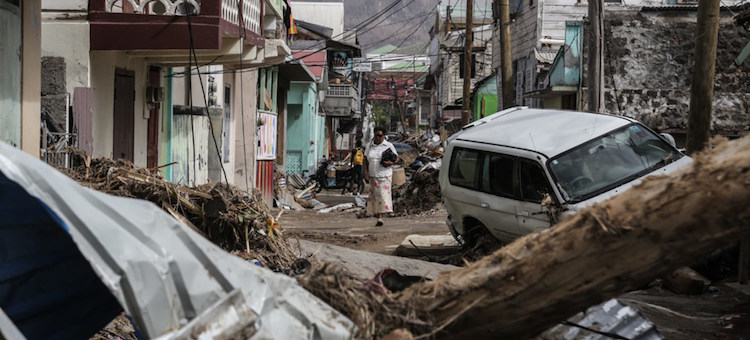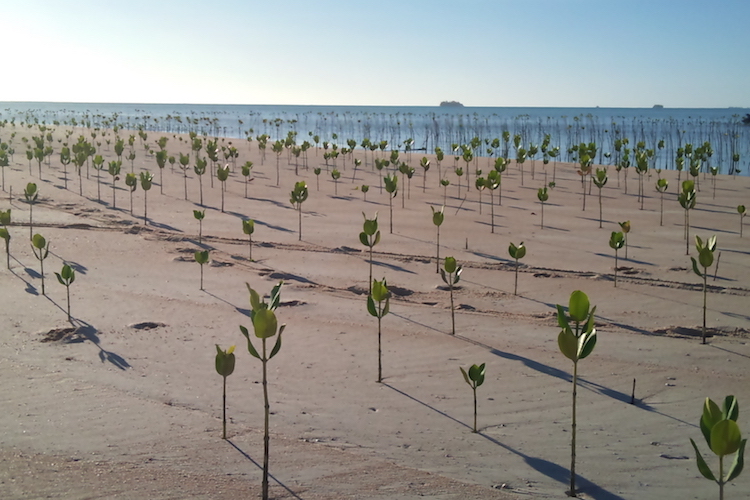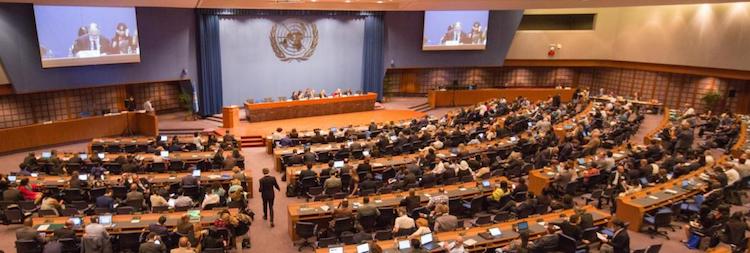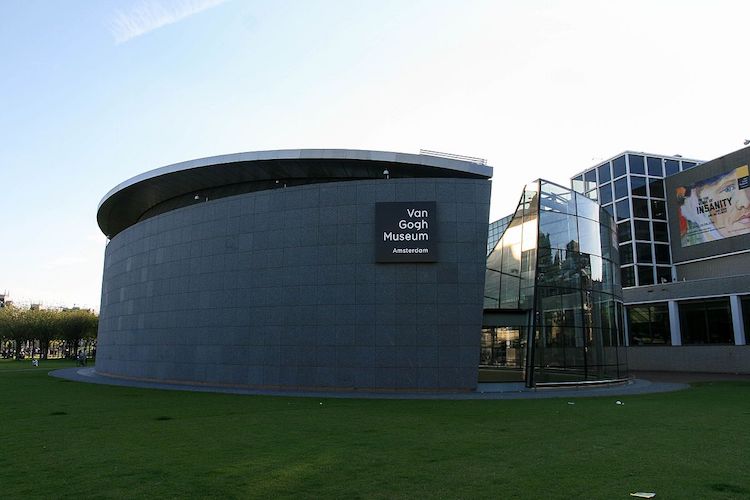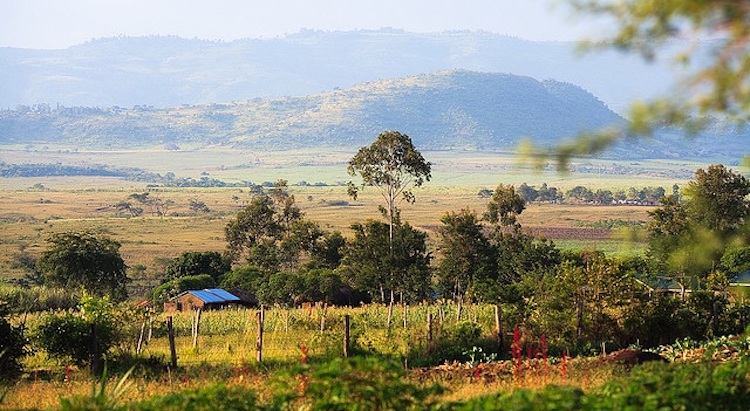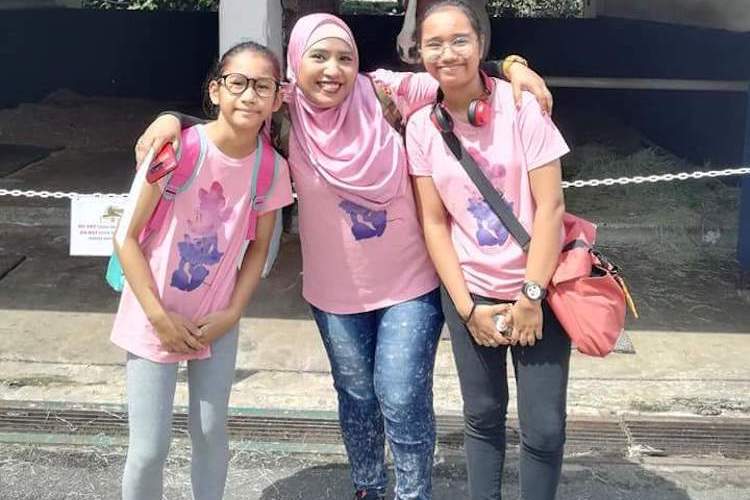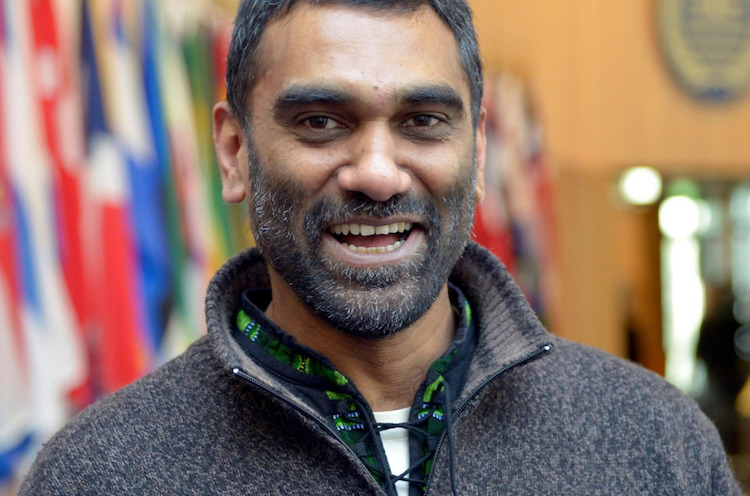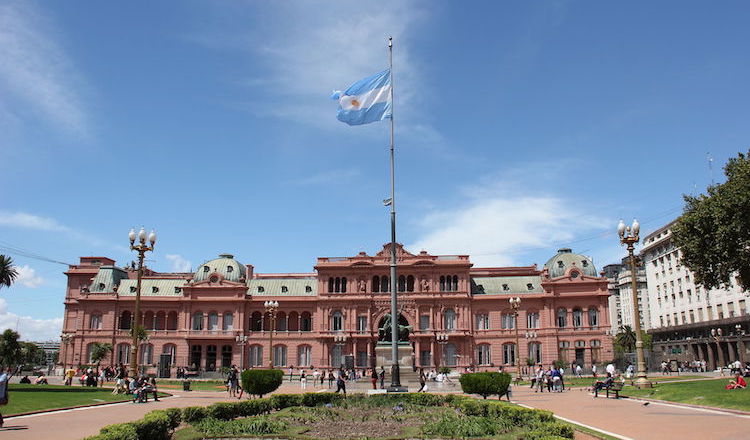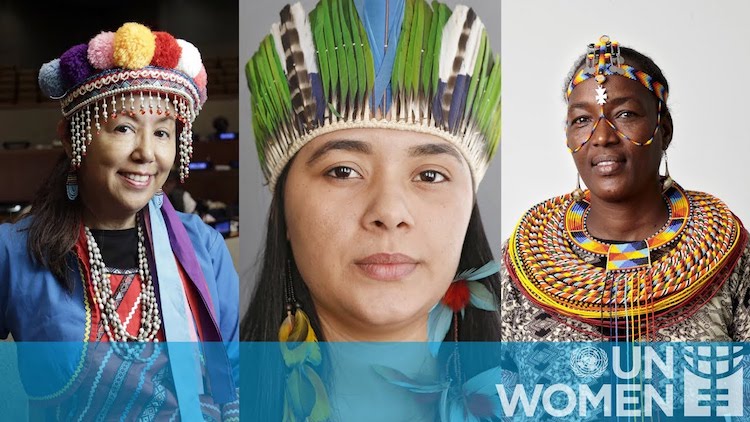By J Nastranis NEW YORK (IDN) – Ahead of the Global Climate Action Summit in San Francisco, nine of the world’s leading philanthropic foundations have decided on the protection, restoration, and expansion of forests and lands worldwide and the recognition of indigenous peoples’ and traditional communities’ collective land rights and resource management. For the purpose, […]
Former UN Chief and Bill Gates on Board as the Netherlands Accelerates Climate Adaptation
By Reinhard Jacobsen AMSTERDAM (IDN) – Former UN Secretary-General Ban Ki-moon will oversee the Global Commission on Adaptation to climate change, which the Government of the Netherlands and the Global Center on Adaptation have decided to set up. It will be formally launched on October 16 in The Hague. Bill Gate, Co-chair of the Bill […]
A Mountain to Climb Before December UN Climate Summit
By Ramesh Jaura BERLIN (IDN) – Despite growing calls for urgent and strong climate change action, a crucial round of talks concluded in Bangkok on September 9 with what UN Climate Change Executive Secretary Patricia Espinosa has termed “uneven progress”. The Chair of the Least Developed Countries (LDC) Group, Gebru Jember Endalew of Ethiopia finds […]
Big Oil Locked in War with Institutions of the Art World
By Lisa Vives, Global Information Network NEW YORK (IDN) – A growing number of museums in Europe are turning thumbs down on oil company dollars when the companies not only contribute to global warming but fund the “science” that supposedly disproves it. Oil company funding also misleads public perception of environmental devastation as in Nigeria […]
Space Science Vital to Achieving Global Development Goals
By Justus Wanzala NAIROBI (ACP-IDN) – Space science and earth observation are some of the key pillars in the attainment of most of the 17 United Nations Sustainable Development Goals (SDGs), according to experts participating in an international conference, organized by the Regional Centre for Mapping Resources for Development (RCMRD) in Kenya’s capital city. The […]
Leading Singapore NGO Supports Free Childcare for ‘Low-Income Mothers’
By Kalinga Seneviratne SINGAPORE (IDN) – The Association of Women for Action and Research (AWARE) – Singapore’s leading gender equality advocacy group – has called upon the government to provide free childcare to low-income families to enable, especially single mothers, to find sustainable employment. In a report titled ‘Why are you not working?‘ based on […]
Kumi Naidoo Wishes a ‘Bigger, Bolder & More Inclusive’ Amnesty
By Devendra Kamarajan NAIROBI (IDN) – The human rights movement needs to be bigger, bolder and more inclusive if it is to tackle the challenges that people face today, says life-long social justice campaigner Kumi Naidoo as he officially starts his four-year tenure as Secretary General of Amnesty International. Amnesty is the largest human rights […]
E-Government Favours Sustainable and Resilient Societies, Finds UN Survey
By Santo D. Banerjee NEW YORK (IDN) – Almost two thirds of 193 United Nations member States demonstrate a high-level of e-government development with EGDI (the E-Government Development Index) values above in the range of 0.5 and 1, finds a new survey, which also draws attention to the widening ‘digital divide’ between the industrialized and […]
G20 Anti-Corruption Commitments At Risk
By Sean Buchanan LONDON (IDN) – As governments across the globe crack down on citizen groups, stifling their ability to speak out and hold governments to account, the role of civil society is more important now than ever. With his in mind, activists from more than 600 civil society organisations and more than 45 countries […]
Empower Indigenous Women, Strengthen Communities
By Santo D. Banerjee NEW YORK (IDN-INPS) – August 9 is International Day of the World’s Indigenous Peoples. On this occasion, UN Women calls on each of us to commit to making the voices of indigenous peoples, and indigenous women, louder and more impactful than ever before: http://www.unwomen.org/en/news/stories/2018/8/statement-un-women-international-day-of-the-worlds-indigenous-peoples. At a time of unprecedented human mobility, indigenous […]

